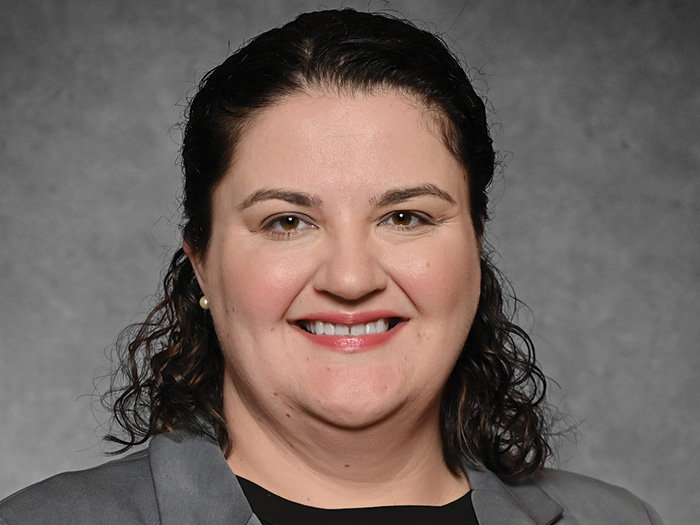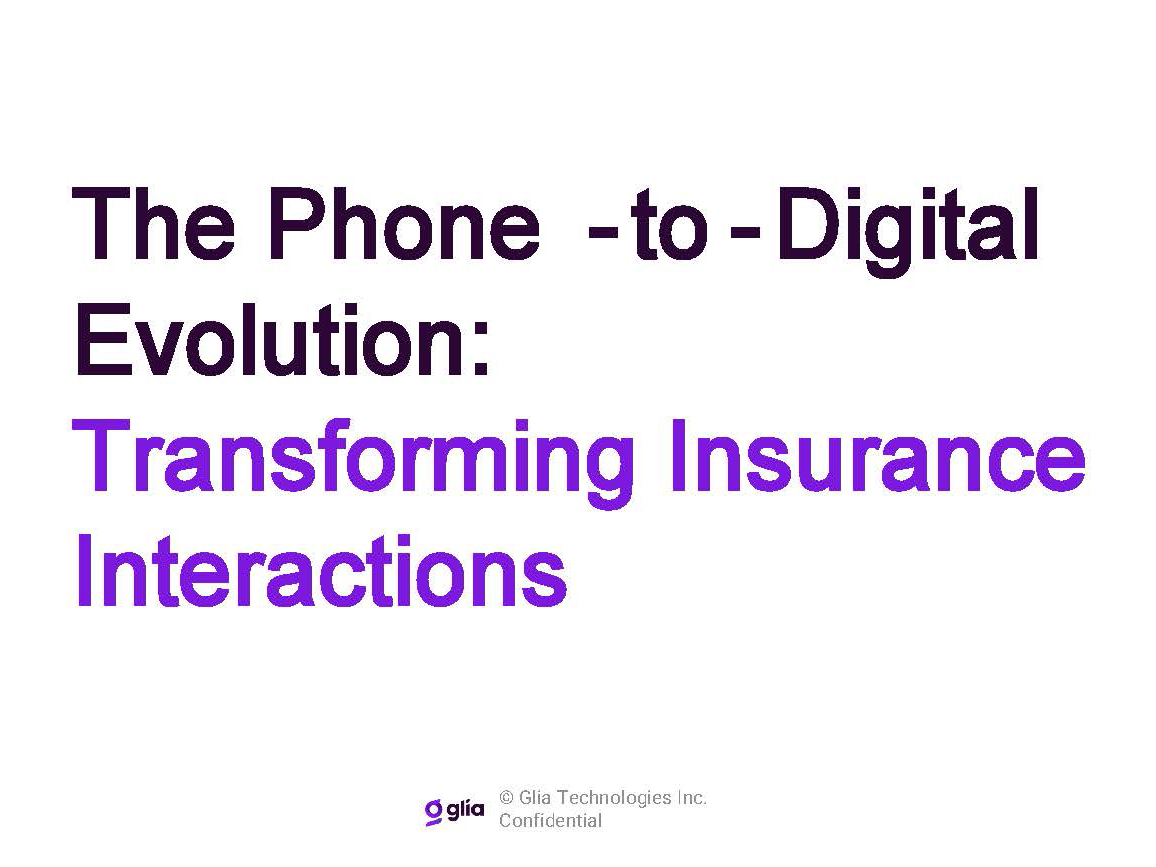Opinion | Did They ‘Quietly Quit’ or Are They Saving Their Sanity?
By now, most of us have heard the term quiet quitting. Is it a negative or positive thing?
There’s confusion over what it is or what it means. Some think it means the period of disengagement an employee may experience leading up to actually quitting.
Is it really though?
It depends on the lens you see it through. I read an article from a recruitment firm that listed some of the “top signs” of quiet quitting as:
- People clocking out exactly at 5 p.m.
- Employees are no longer willing to work overtime hours
- Employees are not willing to perform tasks or take on responsibilities that are not included in their job descriptions
- People only doing tasks as specifically described in their contracts
- People are no longer willing to hustle, grind it out, or go above and beyond
Is that disengagement though — or has that person simply engaged very deliberate boundaries to protect their work/life balance?
When you see those behaviors as setting healthy boundaries, maybe quiet quitting is just rejecting a culture where working to the point of mental/physical overload is celebrated and encouraged.
But how does that rejection reflect upon our workplace cultures?
It’s a fair question to ask. The pandemic brought the very real topic of workplace burnout to the fore, but the phenomenon wasn’t new. Millennials and Gen Z have watched coworkers, friends and family members fall prey to burnout for years, since the days of the unspoken rule that we all keep it to ourselves. Why wouldn’t they reject that for themselves and their families?
COVID-19 also led many people to rethink their life choices, including their goals, priorities and values. It’s not surprising that the daily, weekly and monthly toll of lives lost during the pandemic would cause a shift in values among many.
If you remove the negative implication of “quiet quitting” and called it “prioritizing wellness,” shouldn’t we be supporting that? Shouldn’t we also be rejecting cultures where working to the point of mental/physical overload is celebrated?
For everyone who just said “we don’t do that,” how many meetings have you attended where someone was praised for something they did, even though they were on their honeymoon at the time, even though they didn’t sleep for three days to get it done, even though they had gone into labor, even though they had just been released from the hospital?
We cheer and say, “Way to go!” and set that public bar high for praise of poor priorities.
Mental health, wellness, stress/burnout, work/life balance — these are all part of the biopsychosocial elements we now understand to impact the big picture of workers’ comp claims.
Quiet quitting itself is a trendy hashtag that we probably won’t even remember next year. But it has sparked conversations that should continue. Employers and the workers’ comp community should be thoughtful about this topic and consider what it means for the future of our workplaces and our people. &








